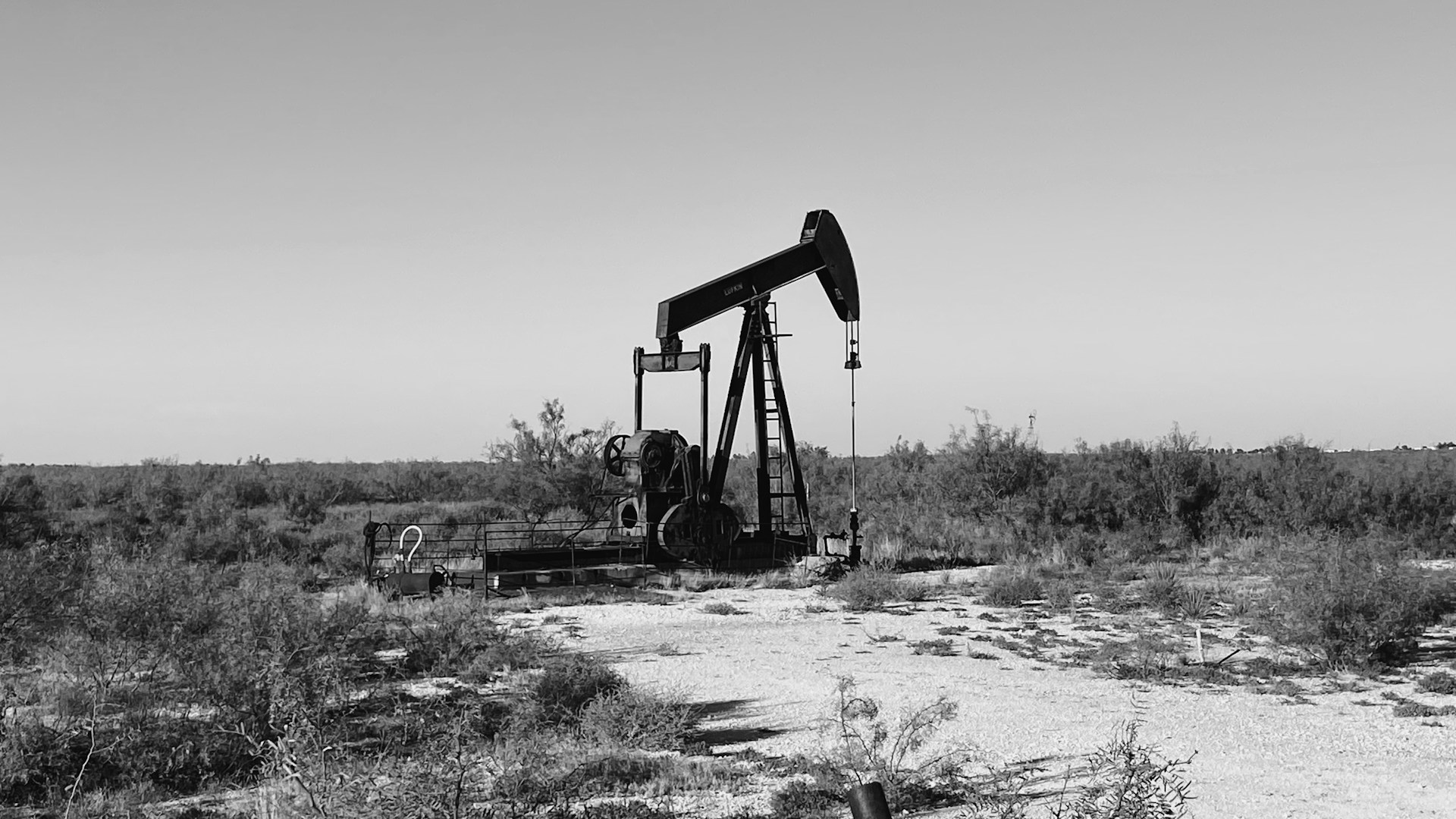The history of oil in the Middle East is a fascinating narrative of geopolitics, economic transformations, and global influence. Spanning over a century, this story begins in the late 19th century and continues to shape the modern world. Here’s a comprehensive overview of the history of oil in the Middle East.
Birth of the Oil Industry:
Late 19th Century
The Middle East, home to ancient civilizations, witnessed a seismic shift in the late 1800s with the discovery of oil. The first commercially viable oil well was drilled in 1902 at Masjed Soleiman in present-day Iran, signaling the beginning of the region’s oil era. British entrepreneur William Knox D’Arcy played a pivotal role, securing a concession from the Persian government and founding the Anglo-Persian Oil Company (APOC), which later became British Petroleum (BP).

World War I and the Redrawing of Borders:
1914 – 1918
World War I profoundly altered the geopolitical landscape of the Middle East. The collapse of the Ottoman Empire led to the redrawing of borders by European powers through the Sykes-Picot Agreement and the Balfour Declaration. The British and the French gained control over vast territories, and oil concessions became a significant factor in shaping the post-war order.
Iraq and the Birth of the Modern Oil Industry:
1920s – 1930s
The discovery of oil in Iraq in the early 1920s transformed the country’s economic prospects. The Iraq Petroleum Company (IPC), a consortium of Western oil companies, secured the rights to exploit Iraq’s oil resources. The construction of pipelines, refineries, and export terminals marked the birth of Iraq’s modern oil industry.

Saudi Arabia and the Rise of Aramco:
1930s – 1940s
In 1938, oil was discovered in significant quantities in Saudi Arabia, specifically at Dammam No. 7. This discovery led to the establishment of the Arabian American Oil Company (Aramco), a consortium of American oil companies. The Kingdom of Saudi Arabia, under King Abdulaziz Al Saud, negotiated favorable terms with Aramco, marking the beginning of a long and influential partnership.
Post-World War II Era:
1940s – 1950s
The aftermath of World War II saw increased global demand for oil, further enhancing the strategic importance of Middle Eastern oil reserves. Nationalist movements in the region gained momentum, leading to the nationalization of oil resources in several countries. In 1951, Iran nationalized its oil industry, prompting the departure of foreign companies and the establishment of the National Iranian Oil Company (NIOC).
Suez Crisis and the Rise of OPEC:
1956
The Suez Crisis of 1956, triggered by the nationalization of the Suez Canal by Egyptian President Gamal Abdel Nasser, had far-reaching implications for the Middle East. The crisis highlighted the geopolitical importance of the region and spurred the establishment of the Organization of the Petroleum Exporting Countries (OPEC) in 1960. OPEC sought to assert control over oil prices and production, giving oil-producing nations greater influence on the global stage.

Oil Embargoes and Geopolitical Tensions:
1960s – 1970s
The 1970s witnessed significant geopolitical shifts in the Middle East with a series of oil-related events. The Arab-Israeli conflict and the Yom Kippur War in 1973 led to an oil embargo imposed by OPEC against countries supporting Israel. The embargo had a profound impact on the global economy, highlighting the vulnerability of nations heavily dependent on Middle Eastern oil.
Iran’s Islamic Revolution:
1979
The Iranian Revolution of 1979, culminating in the establishment of an Islamic Republic, had a seismic impact on the oil industry. The revolution led to the overthrow of the Shah, Mohammad Reza Pahlavi, and the nationalization of Iran’s oil industry. The new regime, led by Ayatollah Ruhollah Khomeini, shifted Iran’s stance on oil production and export, impacting global oil markets.
Gulf Wars and Oil Politics:
1980s – 1990s
The 1980s and 1990s were marked by conflicts in the Gulf region, particularly the Iran-Iraq War (1980-1988) and the Gulf War (1990-1991). These conflicts had direct implications for oil production and export, with oil infrastructure being targeted and disrupted. The liberation of Kuwait in 1991 by a coalition led by the United States underscored the strategic importance of the Middle East in global energy security.

21st Century Challenges and Opportunities:
2000s – Present
The 21st century has brought new challenges and opportunities for the Middle East’s oil industry. The region continues to play a central role in global energy markets, with technological advancements facilitating the extraction of unconventional oil resources. However, the Middle East faces increasing pressure to diversify its economies and reduce dependency on oil, given concerns about climate change and the volatile nature of oil prices.

